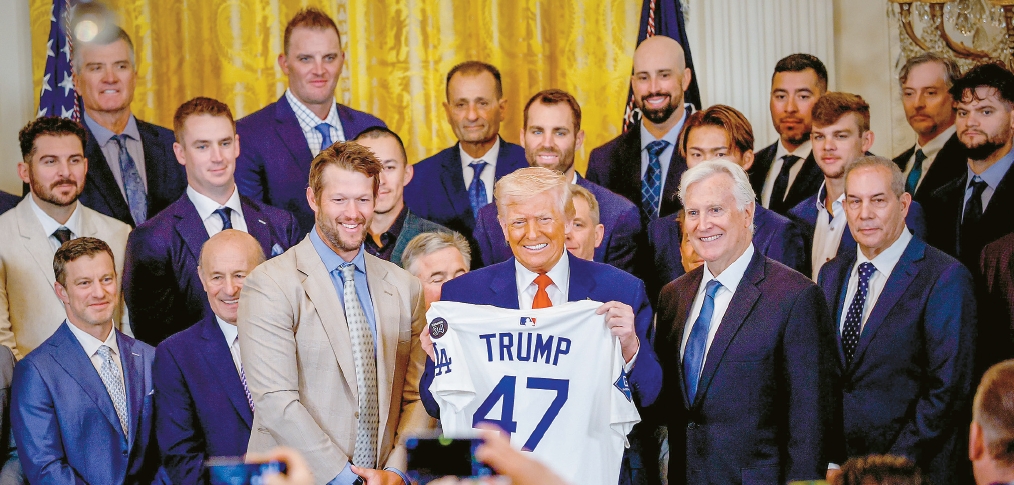The Los Angeles Dodgers accepted a traditional championship invitation to the White House, but the gesture sparked widespread backlash. The reason? The current occupant of the White House at the time was Donald Trump.

Fans accused the team of betraying its core values. A Change.org petition launched on March 25 urged the Dodgers to cancel the visit, claiming the team had “abandoned inclusion and diversity to align with political power.” Over 2,000 people had signed the petition by April 8, many of them expressing outrage: “This is not what LA stands for,” one wrote. Another called the Dodgers’ action “a disgrace.”
A Symbolic Act or Political Betrayal?
The Dodgers are more than a baseball team in Los Angeles—they are a cultural symbol. Their fanbase includes large numbers of Latino and communities of color, many of whom view the team as an extension of their own identity.
This context made the Dodgers White House visit feel more political than ceremonial. Some critics labeled the visit an endorsement of Trump, accusing the players of complicity. When the team announced that every player would attend, critics intensified their accusations, branding them “co-conspirators.”
Outfielder Mookie Betts defended the decision, saying it was “about supporting the team,” not politics. Even so, he faced a wave of disappointment and criticism, showing that even personal intent was not enough to escape political framing.
When Every Choice Becomes Political
Traditionally, championship visits to the White House have been nonpartisan moments of celebration. Under Barack Obama and Joe Biden, most teams accepted such invitations without controversy.
But Trump’s name changed everything. The Dodgers’ appearance was no longer just about baseball—it became, in the eyes of some, a political statement. Context and nuance disappeared, replaced by an all-or-nothing judgment: you’re either with us, or against us.
From Sports to Silicon Valley: Tesla Targeted
This pattern isn’t limited to sports. Tesla, once celebrated as a green tech pioneer, has come under fire following political statements by CEO Elon Musk, who is seen as leaning toward Trump.
The backlash has gone beyond online criticism. On July 17, a Tesla store in San Diego was vandalized with Nazi symbols, and windows were smashed. The next day in Las Vegas, five Tesla vehicles were set on fire. The FBI has launched an investigation, calling these incidents “early signs of political terrorism.”
All of this over a perceived political alignment. The brand became a target, not because of its cars, but because of what people believe it represents.
Political Interpretation Should Not Become Political Violence
Refusing to buy a product is a protected choice. Setting fire to property is not. Choosing to support a team, a company, or a public figure—regardless of their politics—should not make someone a target for violence or censorship.
The Dodgers won the World Series. Tesla built fast, efficient electric vehicles. These are achievements, not political statements. But in today’s climate, even neutrality is punished.
Diversity Requires Space for Dissent
The irony is stark: the loudest critics claim to champion “diversity” and “inclusion.” Yet they attack any deviation from their version of political correctness. This double standard exposes a growing problem—not just of political bias, but of ideological absolutism.
True diversity means accepting different choices. True freedom means allowing others to make decisions—even unpopular ones—without fear of retaliation. When interpretation becomes coercion, freedom turns into conformity.
The Dodgers visited the White House because they won. That’s the fact. Everything else is interpretation. And when interpretation becomes weaponized, diversity becomes nothing more than a slogan.
BY YOONJAE JUNG [jung.yoonjae@koreadaily.com]




